In Hungary, we were also shocked to see how the new government began purging right after the Polish parliamentary elections. For instance, they swept out the public media and put politicians behind bars. What was it all about? Revenge?
We didn't expect such disregard for the law either – because that's exactly what happened. The rule of law and democratic principles have been trampled underfoot. Meanwhile, the new Polish government is made up of parties that also dominate the European Parliament. Of course, this came as no surprise as we are well aware of the roots the new Polish leadership has.
They just went back to the ways of the communist era.
The Brussels leadership, which is otherwise so sensitive about the rule of law, remained deeply silent. Did you expect something else?
The silence in Brussels did not surprise me at all. EU agencies have never respected the rule of law or democratic rules. The various European left-wing forces lined up behind the Civic Platform already during the campaign. For example, they sponsored their ads on social media. All this with the knowledge and support of the Brussels leadership. There was one goal: defeating the Law and Justice party in the elections. Despite this, we won - even if in the end we couldn't form a government.
What lessons did you learn?
On lesson we learned is that we didn't make sure that the campaign on social media complied with the laws. For example, more than twenty foundations sponsored appeals to encourage turnout, and several of them also campaigned covertly for our opponents. Moreover, they repeatedly took a vulgar swipe at our politicians in the international media. We didn't respond well to these attacks. We also made a mistake of not being prepared enough to form a coalition while we let our opponents make alliances. Nevertheless, we won our tenth election. This confirms that we are pursuing good policies.

Since then, there have also been local elections in Poland. How do you assess the outcome?
Local elections in Poland are quite unique, as they are held at three independent levels: for regional assemblies (voivodship), and for county and municipal councils. The voivodship level is the most important, because it is the most similar to the parliamentary elections. And we came out the best at this level, winning 35 per cent of the seats in the assemblies. As for the county level, our victory there is even clearer: we gained control over half of them. It is practically the same for the municipalities, we provide the mayors in most settlements. However, the picture is more nuanced in the big cities, with the leftist- liberal side taking most of them.
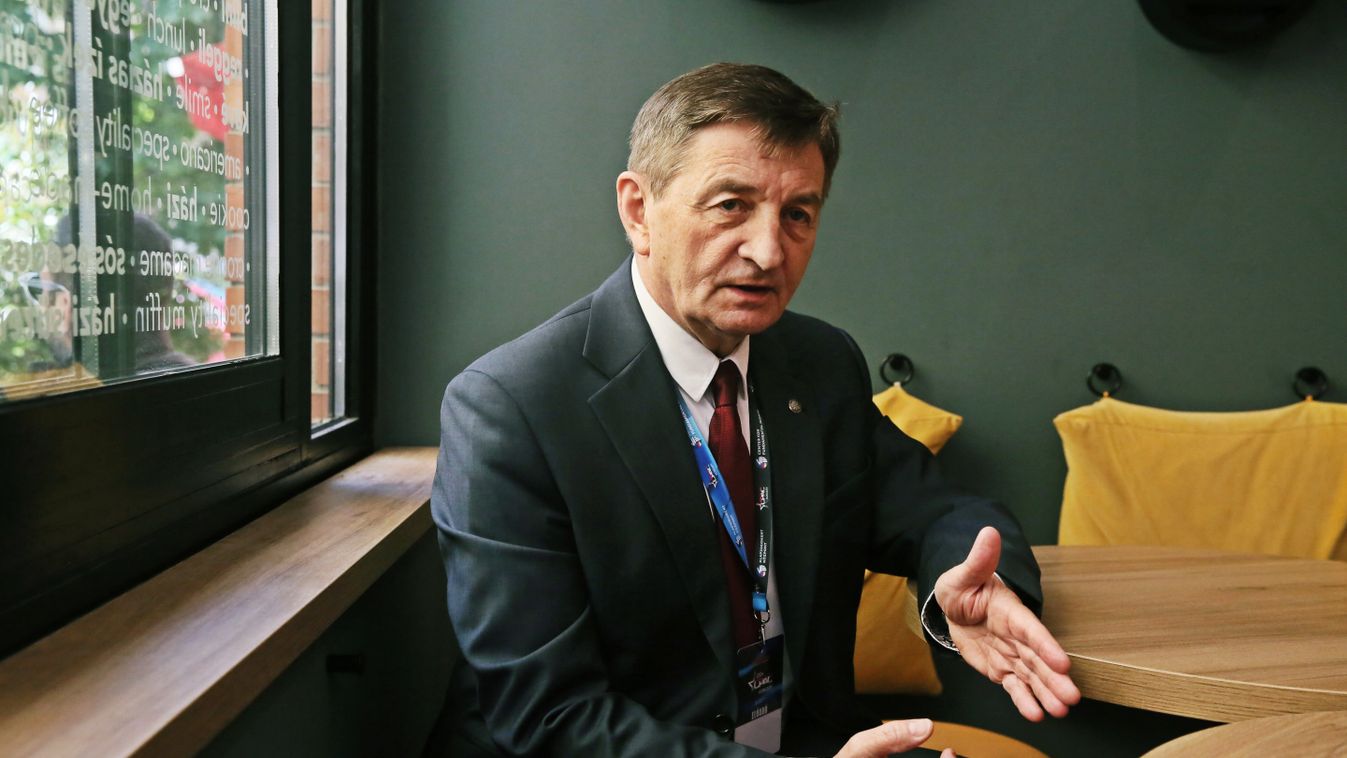
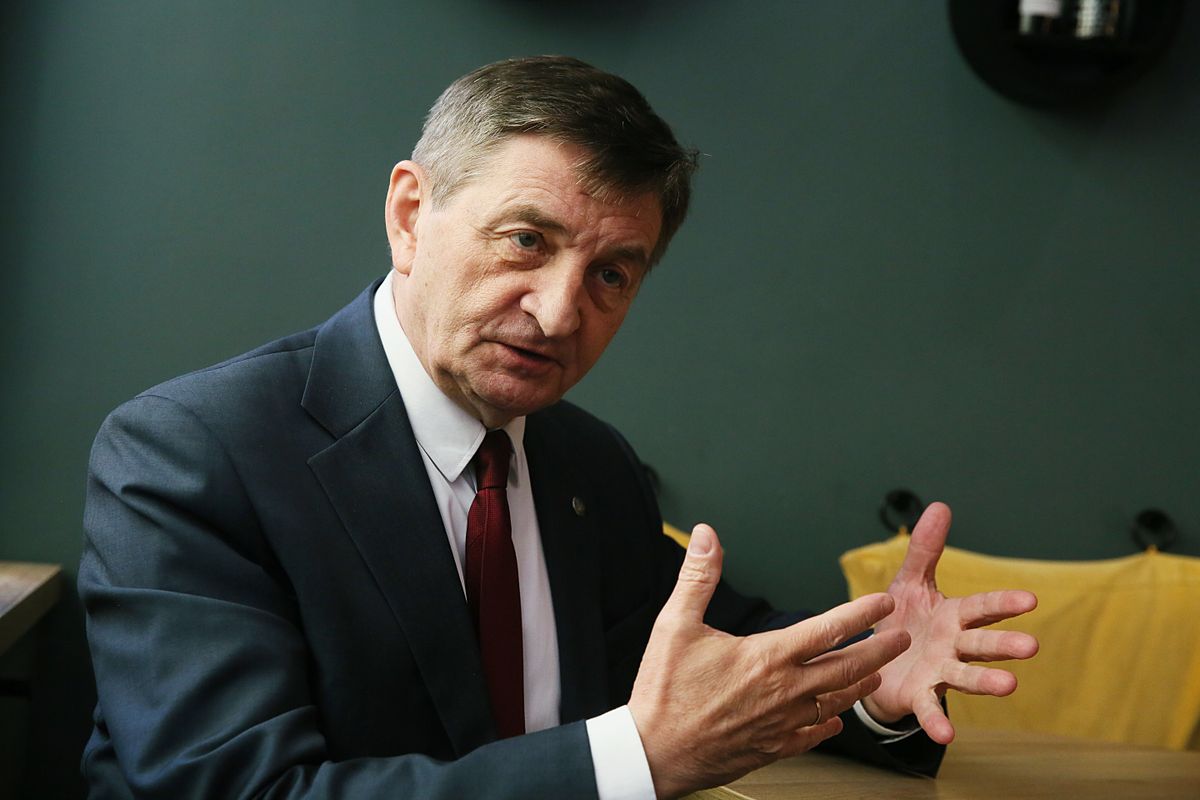
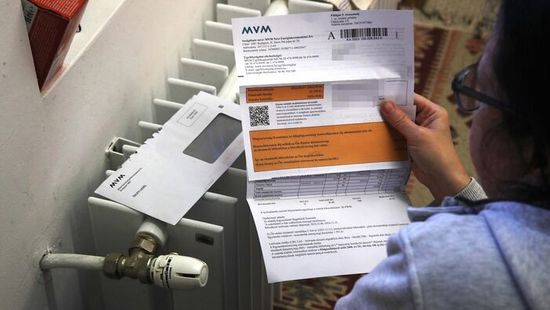
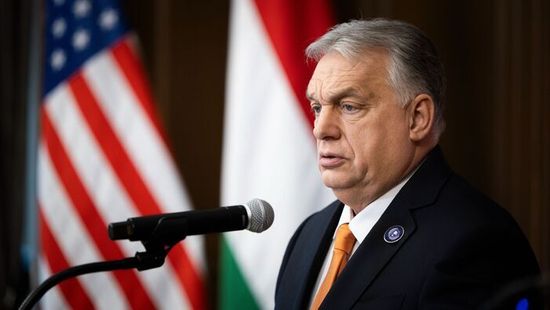
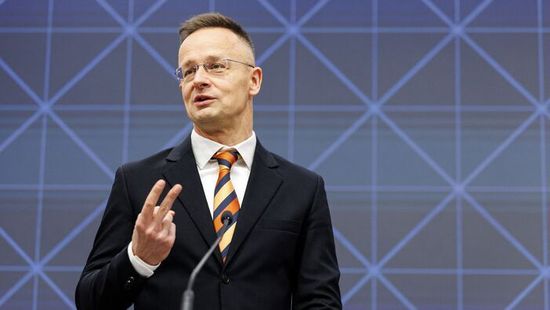
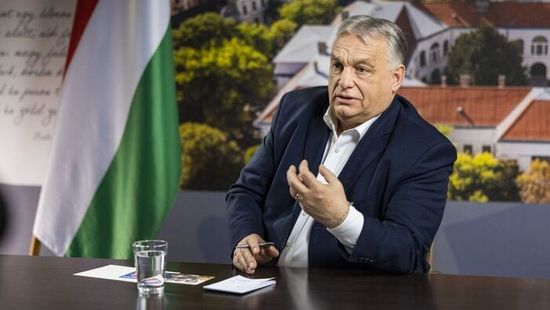

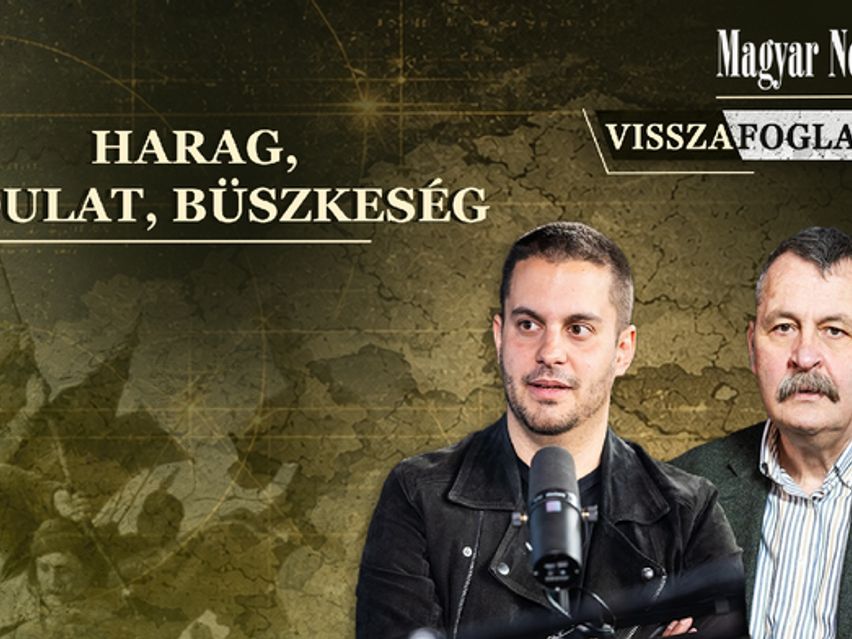
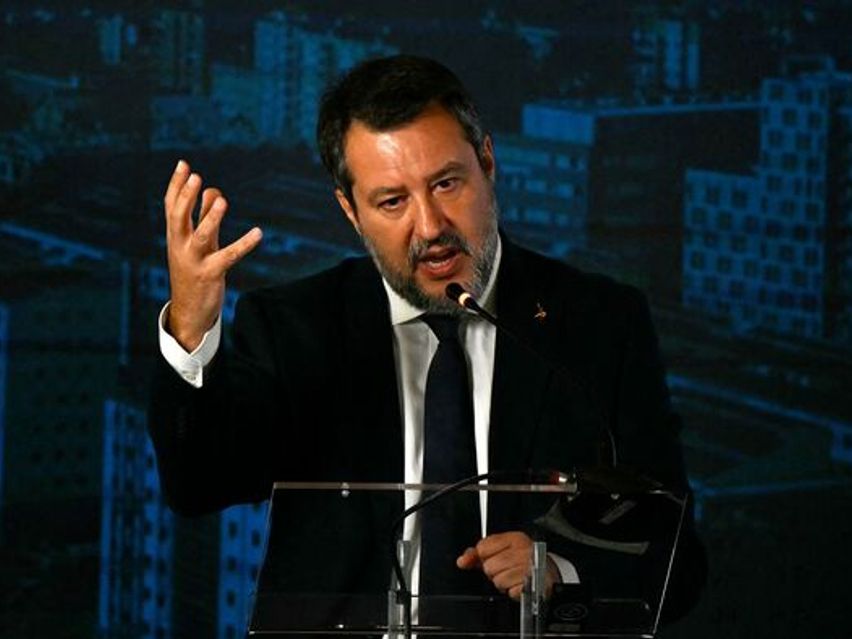
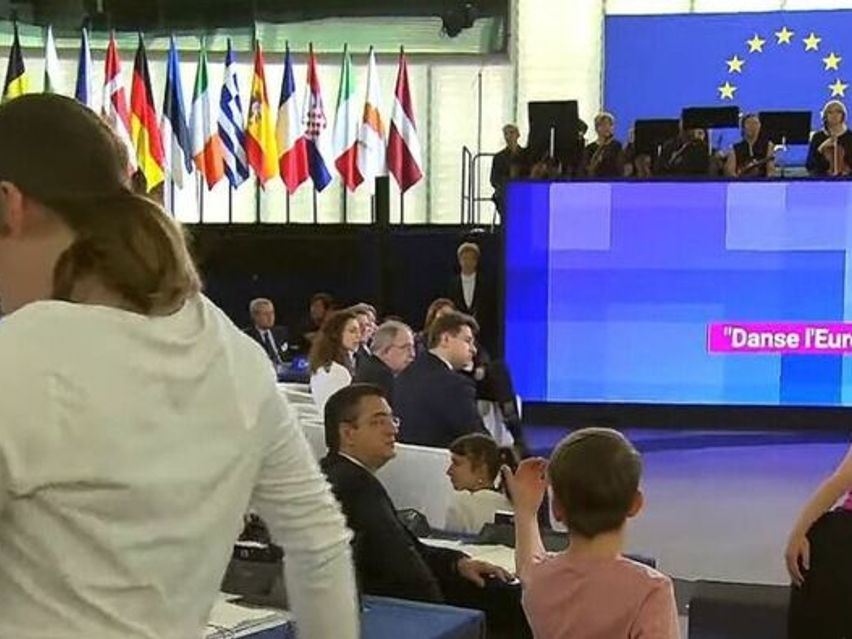


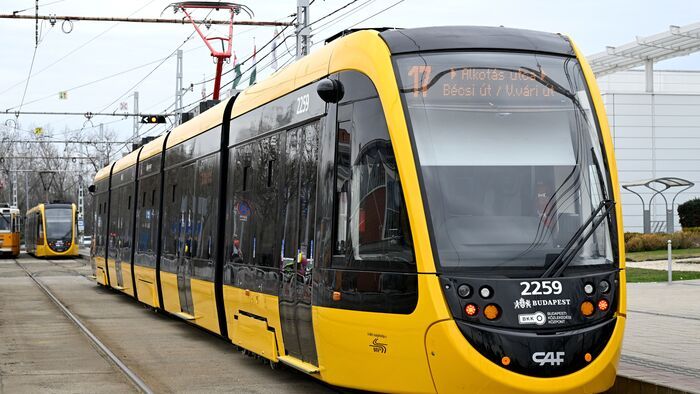


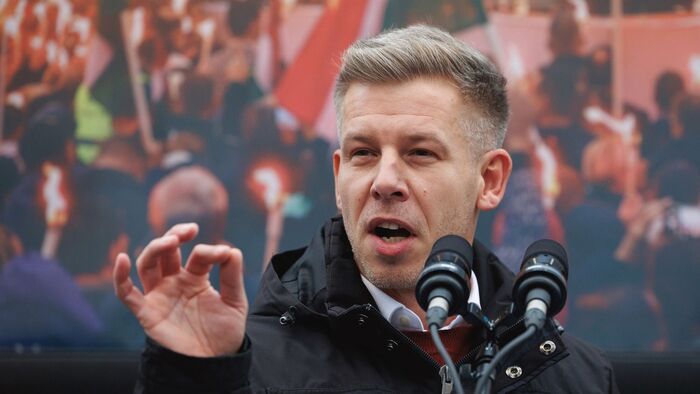

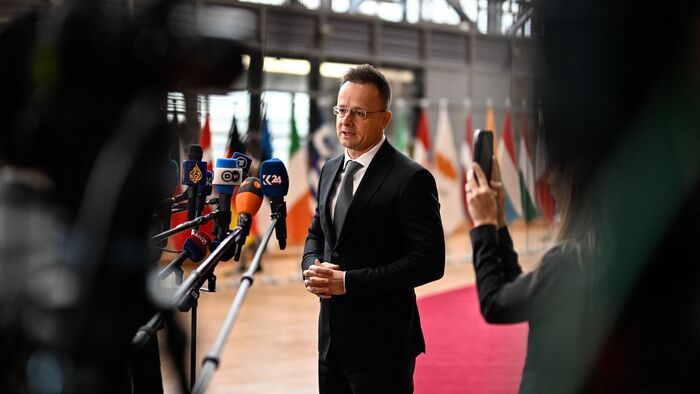
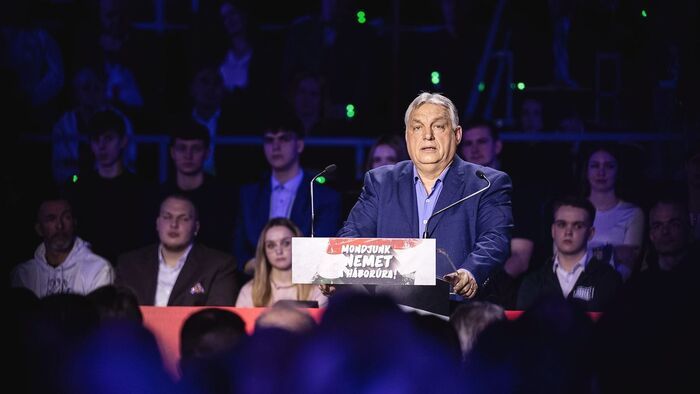


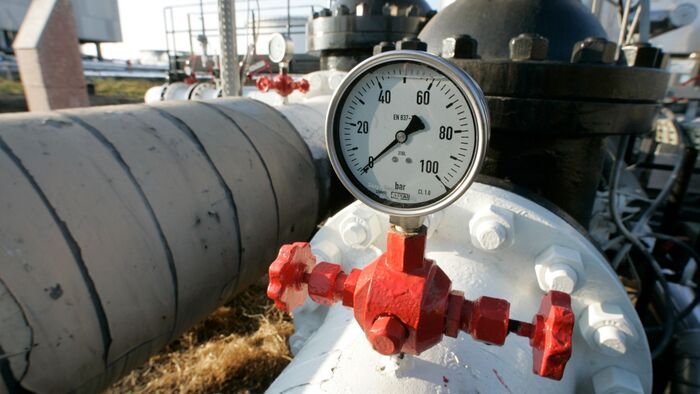
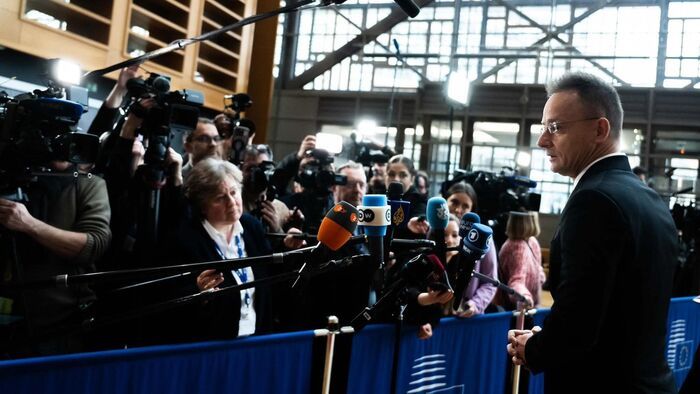

Szóljon hozzá!
Jelenleg csak a hozzászólások egy kis részét látja. Hozzászóláshoz és a további kommentek megtekintéséhez lépjen be, vagy regisztráljon!